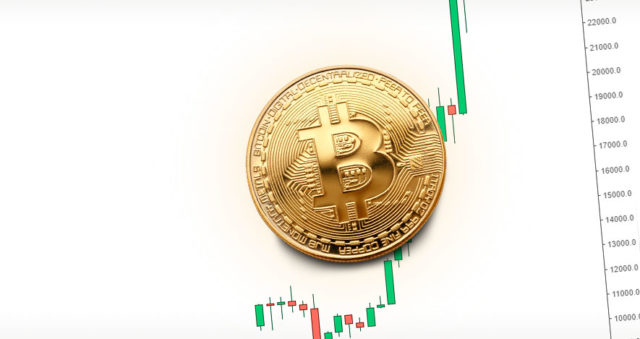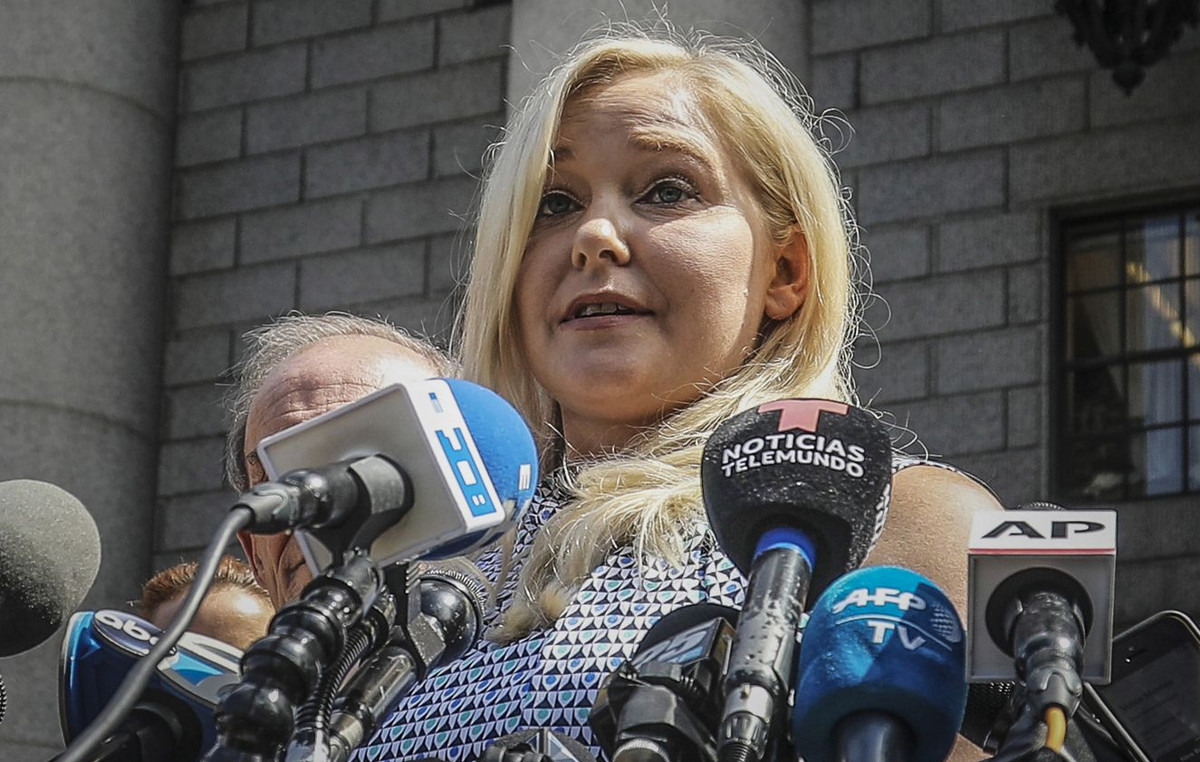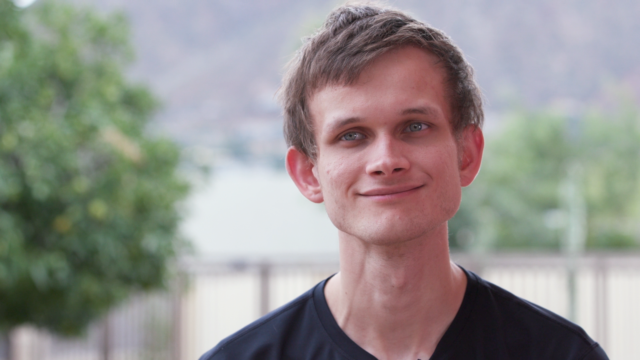Against the backdrop of Bitcoin’s record growth, analysts came to the attention of a wallet whose balance within a few weeks reached 50,000 BTC (almost $3.3 billion). The frequency and regularity of BTC purchases has led crypto experts to speculate that its owner could be a country looking to diversify its sovereign wealth fund portfolio, a secret billionaire, or a bank stockpiling BTC ahead of launching its own ETFs.
Speculation surrounding the Mr. 100 crypto wallet began in December 2023 after El Salvadoran presidential adviser Max Kayzer suggested that the Qatar Investment Authority (QIA) could be behind the identity of the mysterious Bitcoin investor. Citing his sources, Max Kaiser reported Qatar’s interest in investing about $500 billion in bitcoins.
A few days ago, Anthony Scaramucci indirectly confirmed Kaiser's assumption, by posting on the X network a reply tweet to his message.
“Qatar may have included Bitcoin in its balance sheet. Thank you, Max Kaiser!” wrote the founder of Skybridge Capital.
The QIA administration refused to make any official comments to the press on this matter and stated that any circulation of crypto assets in Qatar is prohibited, and the Qatar Central Bank has declared trading in bitcoins illegal due to their volatility and alleged use for criminal purposes. QIA representatives noted that when choosing investment areas, the emphasis is on blockchain, and not on direct investments in crypto assets.
However, according to Talal Tabbaa, CEO of regional cryptocurrency exchange CoinMENA, which was the first to enter the Qatari market, dramatic changes in the digital asset market could prompt Qatar to consider bitcoin as a viable component of its financial strategy.
The day before, the President of the Russian Association of Cryptocurrency Economics, Artificial Intelligence and Blockchain (RACIB) Yuri Pripachkin warned investors against buying the first cryptocurrency with their last money.
Source: Bits
I am an experienced journalist, writer, and editor with a passion for finance and business news. I have been working in the journalism field for over 6 years, covering a variety of topics from finance to technology. As an author at World Stock Market, I specialize in finance business-related topics.







